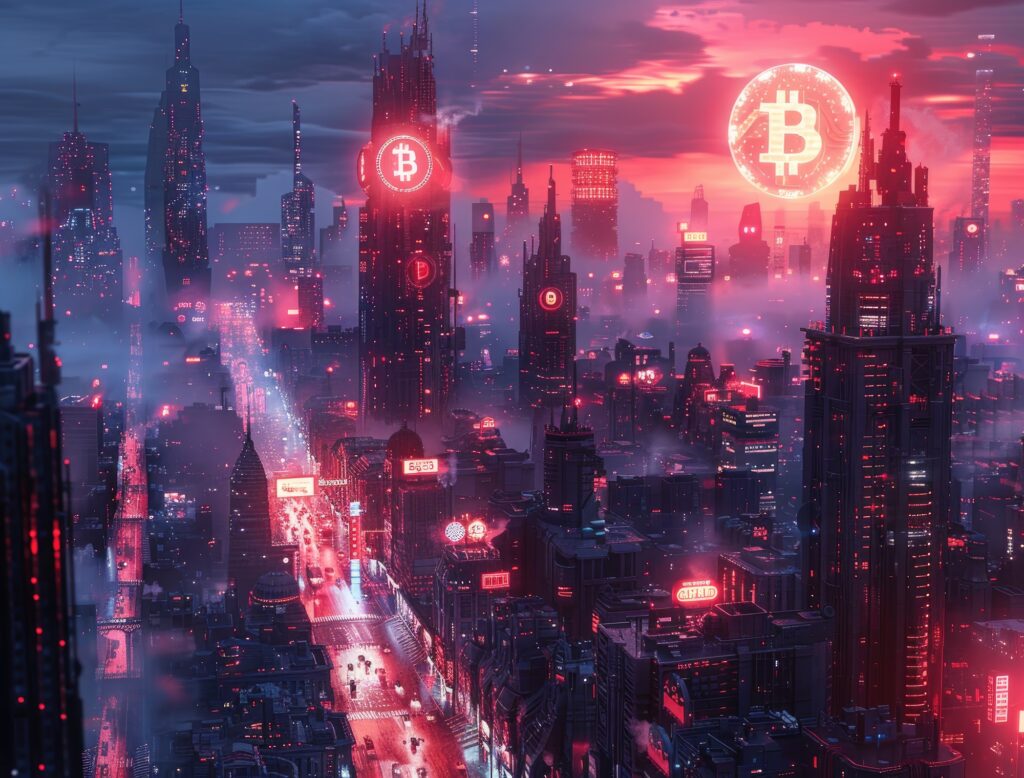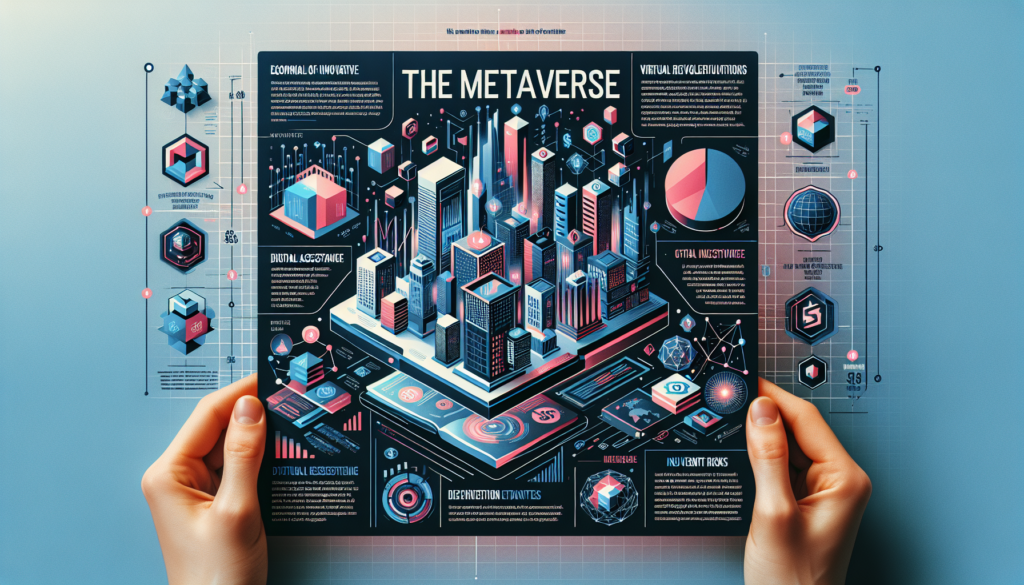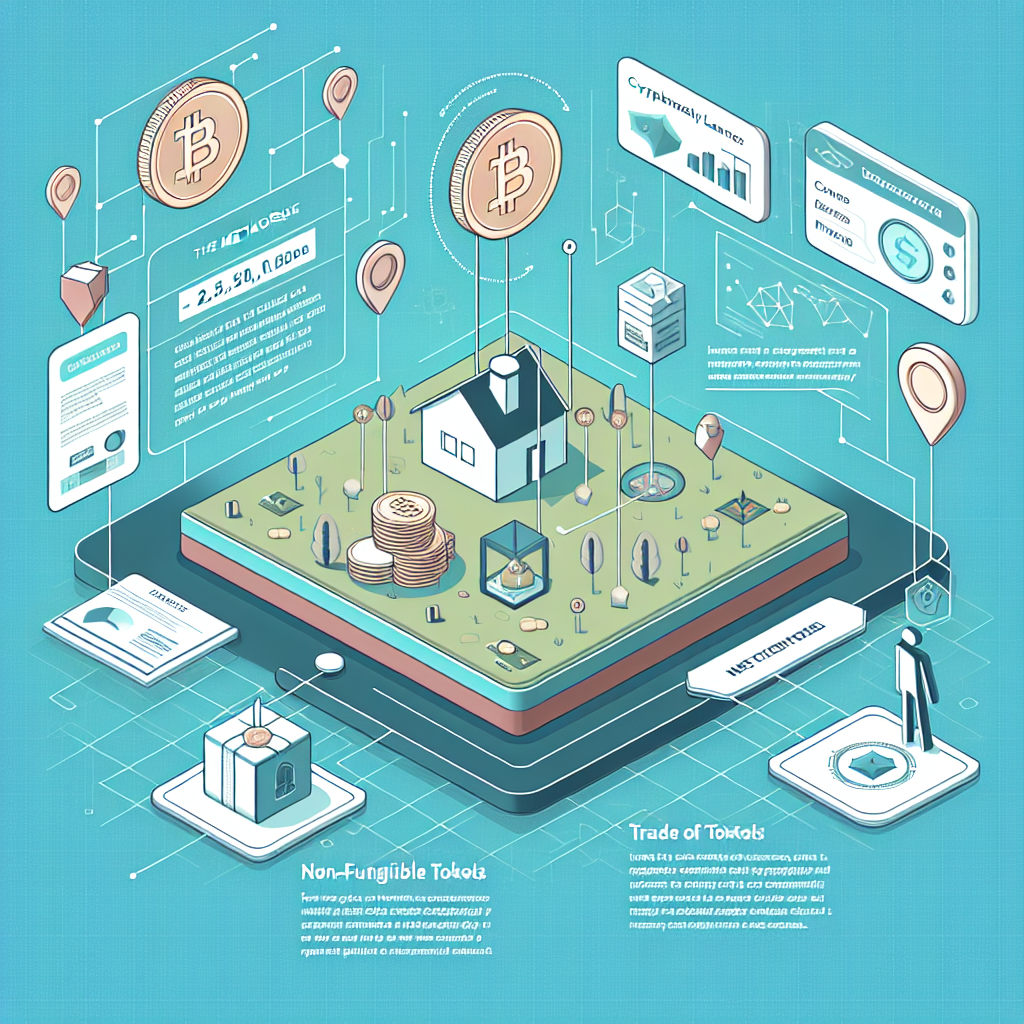Introduction
Not long ago, the word “metaverse” sounded like a buzzword out of a sci-fi novel. Today, it’s becoming a real and rapidly evolving digital frontier—one where virtual real estate is bought and sold, digital goods are traded with crypto, and people attend meetings, concerts, and even weddings in immersive 3D spaces.
But hype aside, a critical question remains:
Is the metaverse economy truly the next big digital revolution, or just another passing trend?
Let’s break it down.
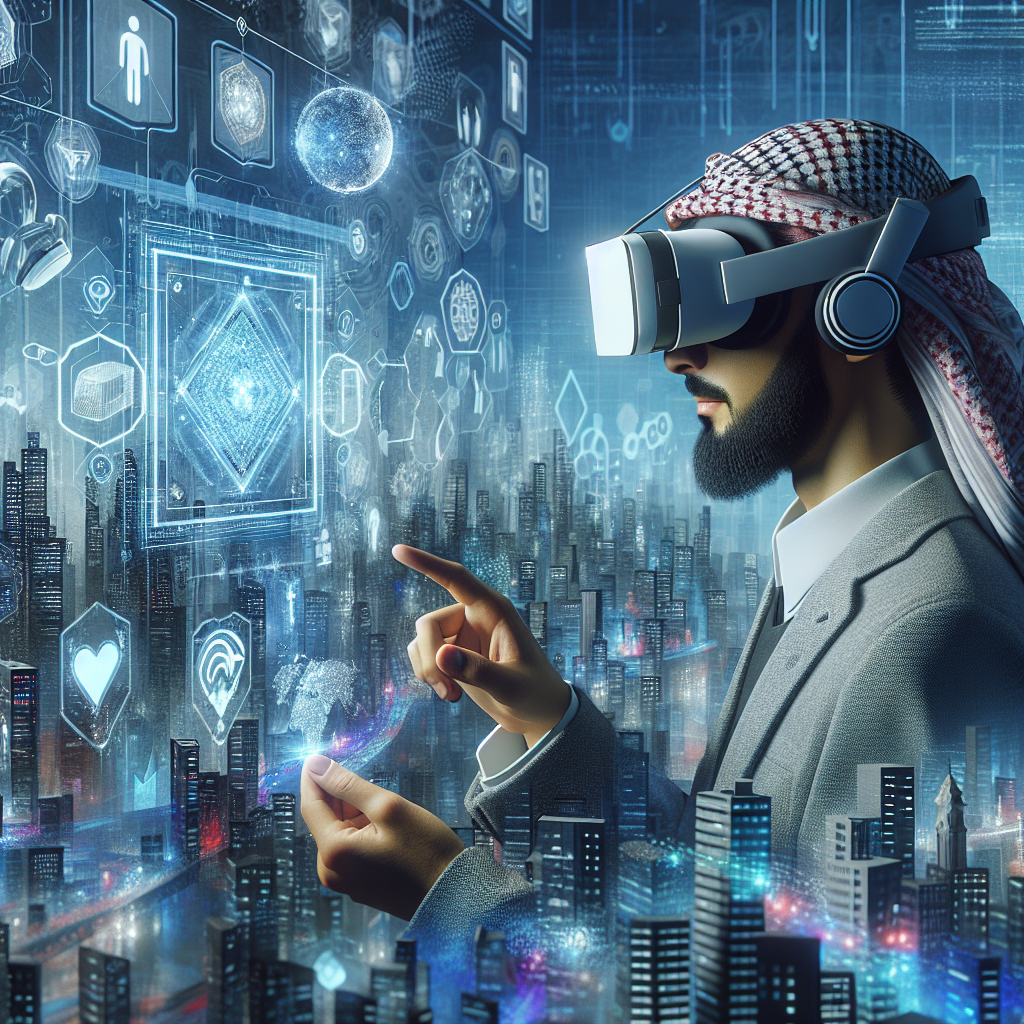
What Exactly Is the Metaverse Economy?
At its core, the metaverse economy refers to the exchange of goods, services, labor, and experiences inside immersive digital environments.
It’s an interconnected ecosystem where:
- Users can buy and sell digital assets (like land, avatars, clothes)
- Businesses can set up virtual storefronts
- People can work, socialize, or create value within virtual worlds
And the fuel behind this economy? Blockchain, NFTs, digital currencies, and 3D immersive tech.
Key Components of the Metaverse Economy
Let’s look at the main building blocks:
1. Virtual Real Estate
Platforms like Decentraland, The Sandbox, and Otherside allow users to buy parcels of land as NFTs. Owners can develop these into:
- Art galleries
- Casinos
- Event venues
- Branded retail shops
These lands are often sold using native tokens (e.g., MANA, SAND), and prices can range from a few dollars to millions.
2. Digital Goods & Wearables
Avatars wear clothes. Homes have furniture. Businesses need signage.
Just like in the real world, people pay to express identity and customize their space. This is spawning entire fashion and design industries inside virtual platforms. Luxury brands like Gucci and Nike are already onboard.
3. Virtual Jobs and Freelancing
Yes, there are real jobs inside the metaverse:
- Event hosts
- 3D architects
- Virtual fashion designers
- Moderators
- NFT strategists
- Community managers
People are earning crypto or fiat doing work in these new digital economies.
4. Play-to-Earn and Gamified Economies
Games like Axie Infinity, Illuvium, and Star Atlas blend entertainment with income potential. Players can earn tradable assets and tokens by participating, often creating entire ecosystems around gameplay and tokenomics.
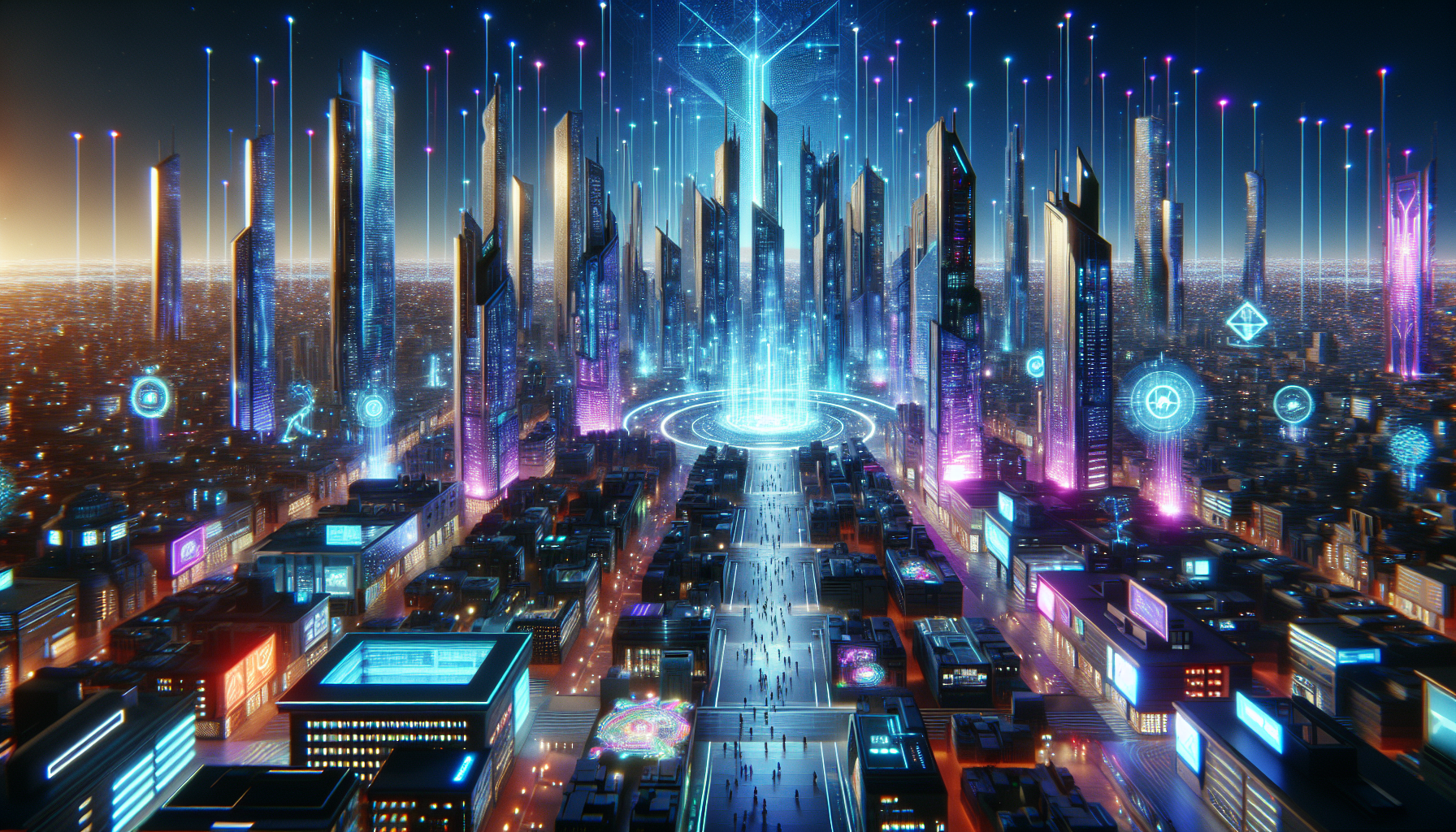
Who’s Investing in This?
The metaverse is attracting big capital.
- Meta (formerly Facebook) has poured billions into its Reality Labs division.
- Companies like Microsoft, Apple, Tencent, and Epic Games are investing in XR (extended reality) technologies.
- Venture capital is flowing into Web3 startups focused on infrastructure, identity, AI avatars, and digital ownership.
Even major retailers like Walmart and Adidas are building virtual storefronts.
Why It’s More Than Just Hype
Many dismissed the metaverse as just a trend in 2021. But here’s what’s changed by 2025:
- VR/AR hardware is improving rapidly, making the experience more immersive.
- AI is powering smarter NPCs and avatars, improving interactivity.
- Tokenization and DeFi are integrating with virtual economies, giving assets real-world liquidity.
- Young generations are spending more time (and money) online than ever.
Put simply: the lines between physical and digital economies are blurring.
Risks and Challenges
That said, it’s not all sunshine and NFTs.
Regulatory Uncertainty
Governments are still catching up. Who owns what in the metaverse? How are virtual earnings taxed? These legal gray areas could slow adoption.
Tech Barriers
Mass adoption depends on hardware (headsets, bandwidth) and software (interoperability, UX). Right now, the experience still has friction.
Scams and Speculation
The NFT and metaverse real estate markets have seen pump-and-dump schemes. Without regulation and standards, investor risk remains high.
Analyst’s Perspective: Where This Is Headed
The metaverse economy is not a replacement for the real economy, but an extension of it.
It’s like the early days of the internet. At first, it felt niche and experimental—then it transformed how we work, play, and connect. The metaverse might follow the same trajectory, especially in:
- Remote collaboration
- Education and training
- Virtual events
- Creator monetization
Those who understand the dynamics early on stand to benefit the most—whether as creators, investors, developers, or users.
Final Thoughts: Revolution or Reinvention?
So, is the metaverse economy the next digital revolution?
It depends on how we define “revolution”. If we mean a shift in how value is created and exchanged online—then yes, it already is. The metaverse is laying the groundwork for an immersive digital economy where participation is global, decentralized, and in many ways, limitless.
But we’re still early. The infrastructure is being built. The rules are being written. And the winners will be those who innovate and adapt.
So don’t just watch from the sidelines—explore, learn, build. The economy of the future might already be here… and it’s wearing a headset.

